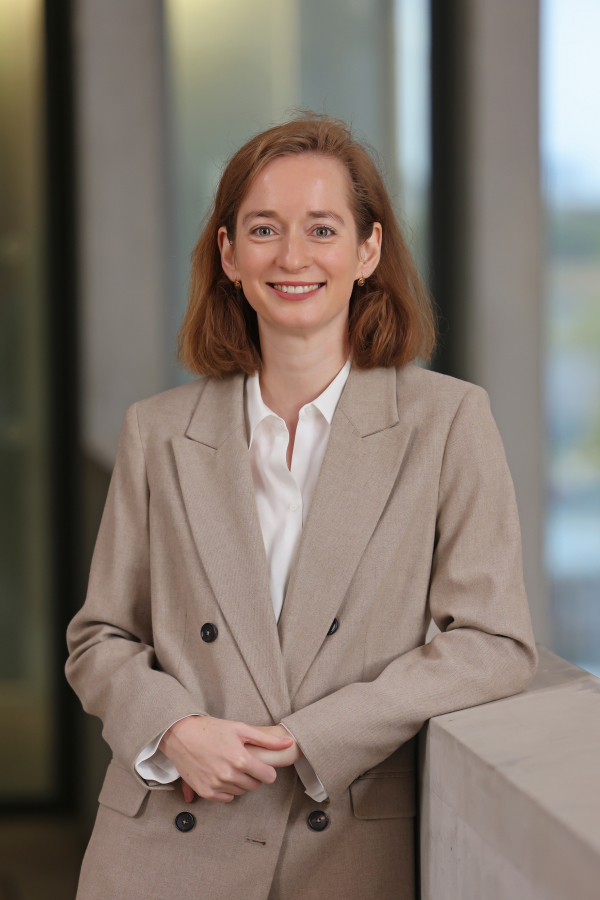 Congratulations to Léa Bignon, who will be joining the Department of Economics at KU Leuven as Assistant Professor next year. She talked to us about her research in healthcare and innovation and looks back on life in Toulouse as a PhD student.
Congratulations to Léa Bignon, who will be joining the Department of Economics at KU Leuven as Assistant Professor next year. She talked to us about her research in healthcare and innovation and looks back on life in Toulouse as a PhD student.
How do you feel about this new chapter in Belgium?
I am truly happy to be joining KU Leuven and feel very grateful for the opportunity to pursue an academic career! KU Leuven offers a great environment, especially for an industrial organization economist. I also really hope to stay in touch with the IO and health research community at TSE, including my PhD advisor, Pierre Dubois, as well as my current and former fellow PhD students.
Why did you come to TSE? Did it live up to your expectations?
I was already interested in industrial organization before starting my PhD, and TSE is one of the leading research environments in this field. Pursuing a PhD is something that came up quite late in my studies, and, by that time, I had already been introduced to empirical industrial organization tools. I really liked the idea of combining IO models with real-life data.
My years at TSE were both intellectually stimulating and challenging! I was particularly surprised by the richness of the academic life, with a wide range of weekly seminars and workshops. Beyond its dynamic research environment, the PhD program offers many opportunities to engage with the broader academic community. It encourages us to attend conferences and spend a few months visiting another research department. These experiences played a crucial role in helping me grow as a researcher.
How does your research explore new frontiers in healthcare?
Digital technologies and health data are redefining healthcare access, delivery, and innovation. I was first introduced to healthcare before starting my PhD. I was also drawn to digital markets and the impact of digital technologies so I started exploring the intersection of these two sectors. The connection to innovation emerged later, as I was trying to understand the long-term implications of high-frequency health data from digital devices and how these new technologies interact with pharmaceuticals.
My job market paper explores the impact of continuous glucose monitors on pharmaceutical demand, pricing, and innovation. Focusing on developments in France, I show that these digital devices encourage adoption of newer diabetes drugs and shift the incentives for firms to develop future treatments.
Pierre Dubois and I have also started a project aiming to understand how the production process of biologics impacts drug prices and competition. Biologics are complex drugs, extracted from living organisms. They can be expensive as they are more difficult to produce than traditional drugs like aspirin and cannot be perfectly replicated by another manufacturer. Our project aims to measure the extent of learning-by-doing in the biologics production process and derive the implications for drug pricing after patent expiration.
Any advice for PhD students preparing to enter the academic job market?
You will have to dive in and spend a tremendous amount of time on your job market paper, so I recommend finding a topic you like. This will help you stay motivated, convey enthusiasm and convince others that your work matters. If you have already figured out your topic, make sure you have an activity to take your mind off work, and commit to it. Also, try to figure out what matters most to you -- both professionally and personally -- in your next job.
